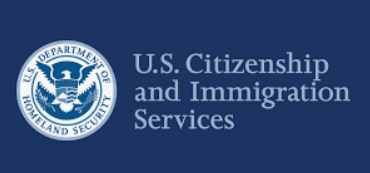Asylum, T visas, U visas, and VAWA (Violence Against Women Act) are all types of immigration relief that may be available to individuals who have experienced persecution, abuse, or other harmful treatment. An evaluation for one of these types of relief typically involves an assessment of the individual’s eligibility for the relief and the strength of their case.
An asylum evaluation is an assessment of an individual’s eligibility for asylum, which is a form of protection available to individuals who have been persecuted or have a well-founded fear of persecution in their home country.
A T-visa evaluation is an assessment of an individual’s eligibility for a T visa, which is a type of visa available to individuals who have been or are at risk of being trafficked.
A U-visa evaluation is an assessment of an individual’s eligibility for a U visa, which is a type of visa available to individuals who have been victims of certain crimes and are willing to assist law enforcement in the investigation or prosecution of those crimes.
An N-648 certification is a form that an individual may file with the U.S. Citizenship and Immigration Services (USCIS) to request a waiver of the English and civics requirements for naturalization due to a physical or mental impairment. This form can only be completed by a medical doctor (MD), doctor of osteopathy (DO), or clinical psychologist licensed to practice in the United States.
A VAWA evaluation is an assessment of an individual’s eligibility for immigration relief under the Violence Against Women Act (VAWA), which is a federal law that provides certain protections for individuals (both women and men) who have been subjected to domestic violence or abuse.
An extreme hardship evaluation is an assessment of the hardship that an individual or their family would face if they were required to return to their home country.









